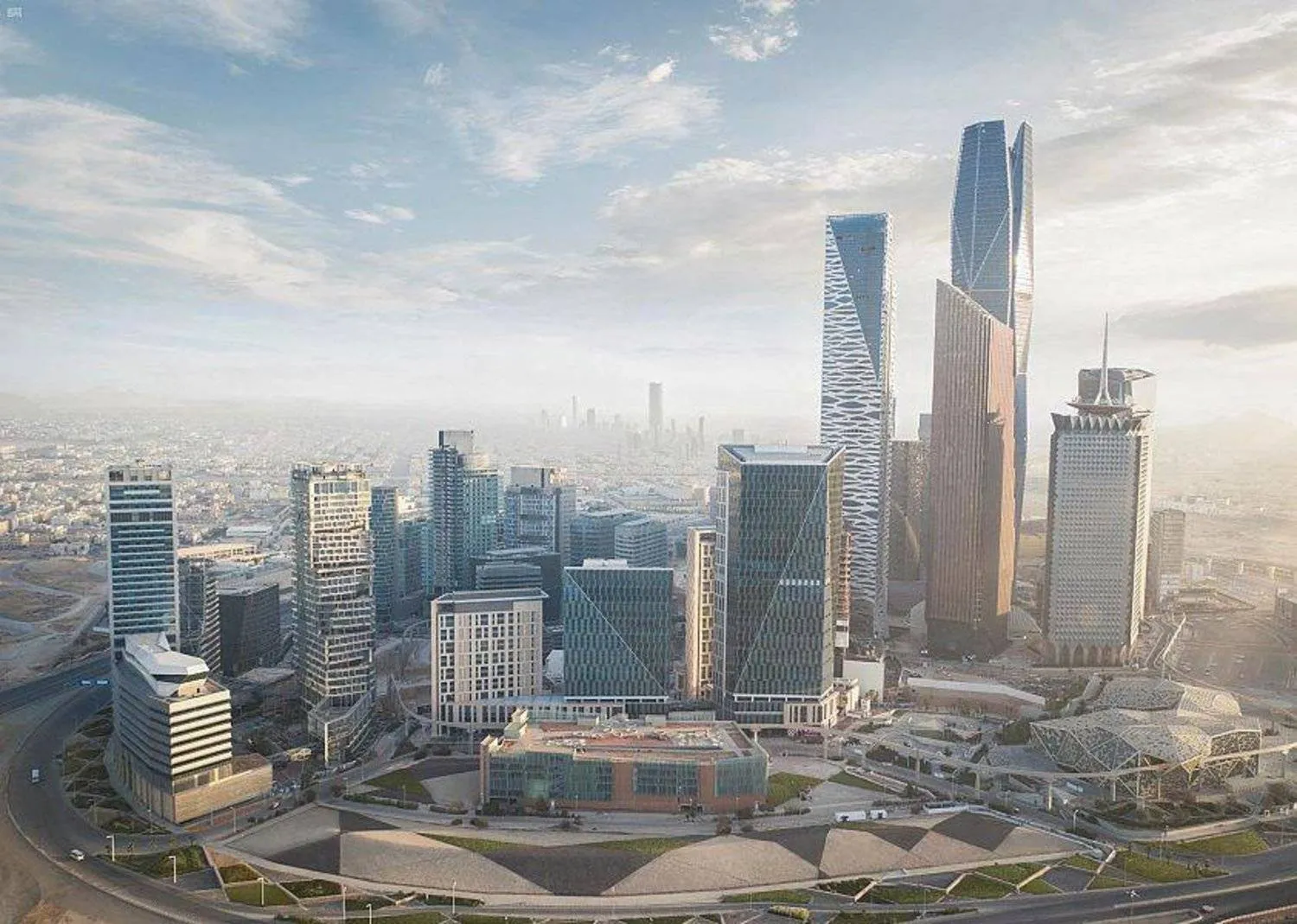Saudi Arabia’s non-oil private sector continued its rapid growth during November, driven by the rise of new orders to the highest level in 5 months, according to the Riyad Bank Purchasing Managers’ Index.
The seasonally adjusted Riyad Bank Purchasing Managers' Index slowed to 57.5 in November, from 58.4 in October, but remained well above the 50 mark signaling growth.
According to the report issued by the bank in cooperation with Standard & Poor’s, the index continued to indicate a rapid expansion in the non-oil private sector during the month of November, despite evidence indicating an acceleration of price pressures to their highest levels in nearly a year and a half.
The report added that the rise in raw material prices led to a renewed increase in companies’ sales prices, but demand rates remained strong and new business flows rose at the highest rate since June, with companies acquiring new customers and increasing investment spending.
Naif Al-Ghaith, chief economist at Riyad Bank, said that the Saudi PMI has “shown positive signs of expansion, driven by strong sales, increased orders and effective marketing strategies.”
“Firms anticipate a continuous increase in output, fuelled by a robust inflow of new projects,” he added.
He noted that manufacturers, in particular, were highly optimistic about the next 12 months as they anticipate a favorable business climate.
Al-Ghaith went on to say that the wholesale and retail sectors also showed signs of strong expansion in November, in line with the overall positive sentiment in the Kingdom’s non-oil private sector economy.
“This bodes well for Saudi Arabia's economic growth and suggests a favorable environment for businesses in various industries,” he stated.









